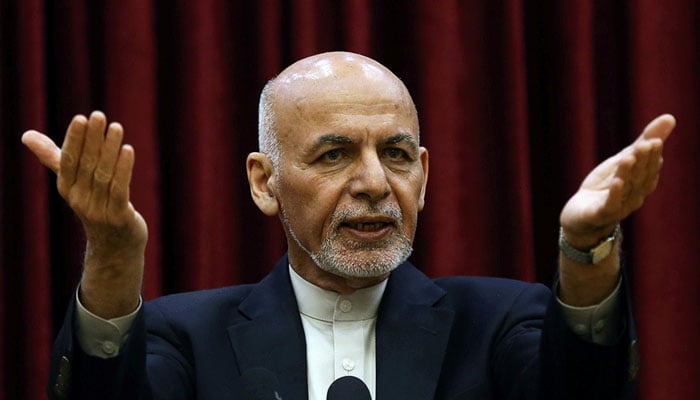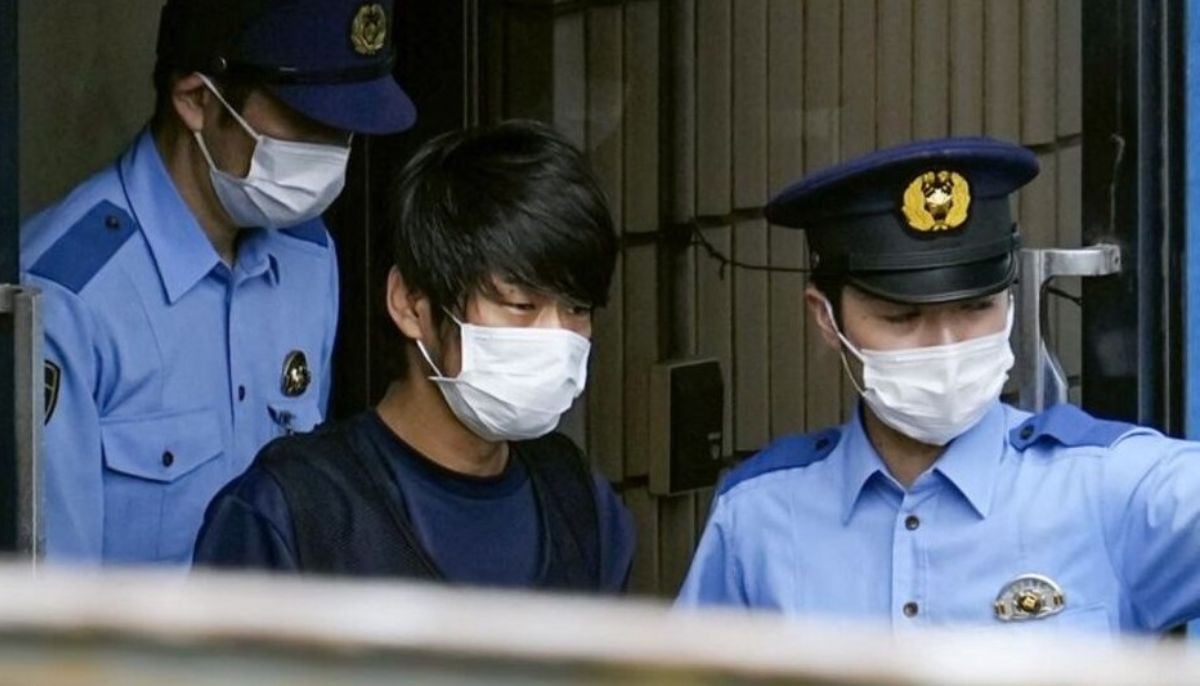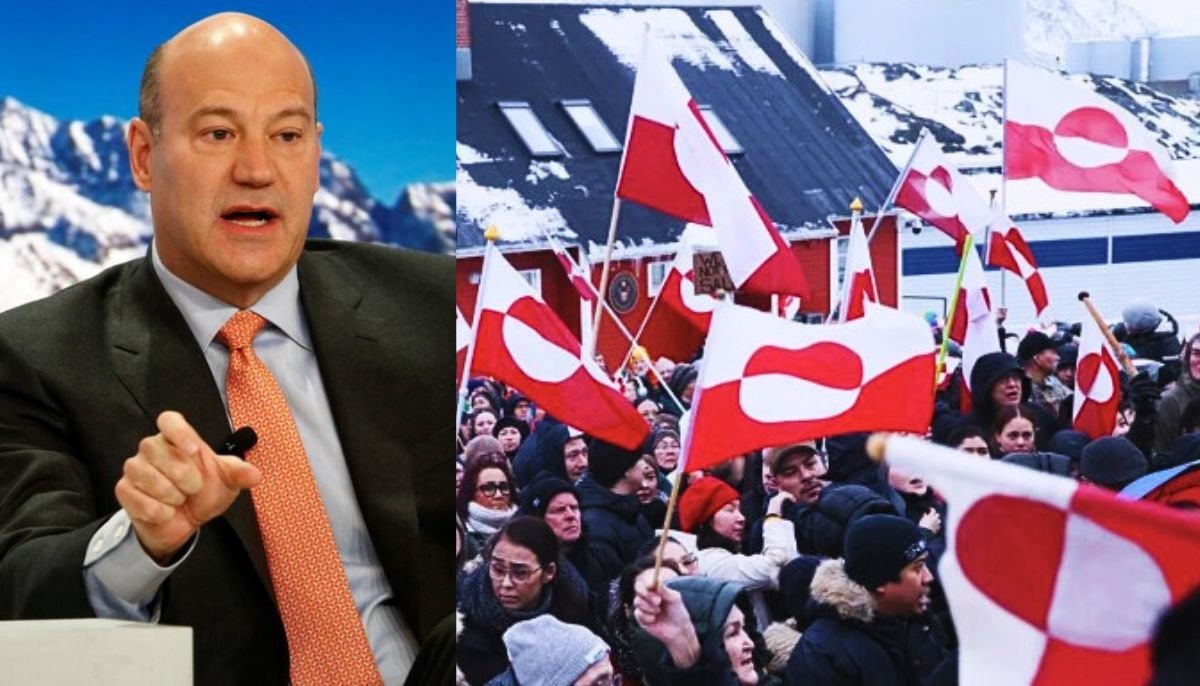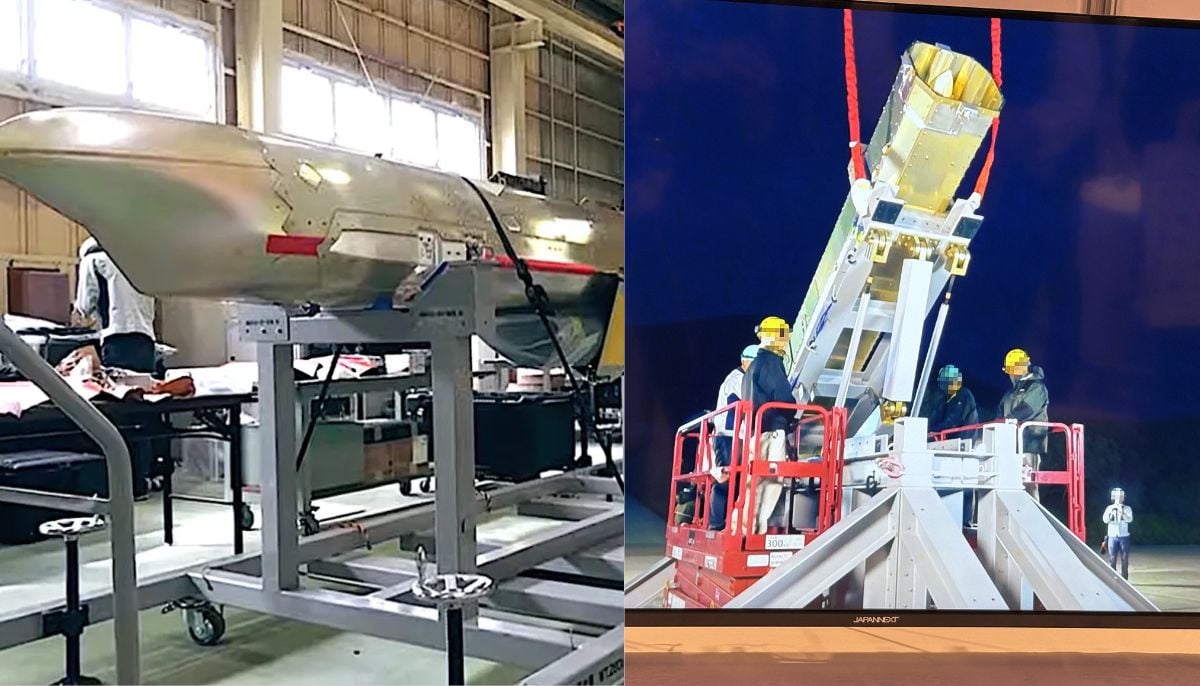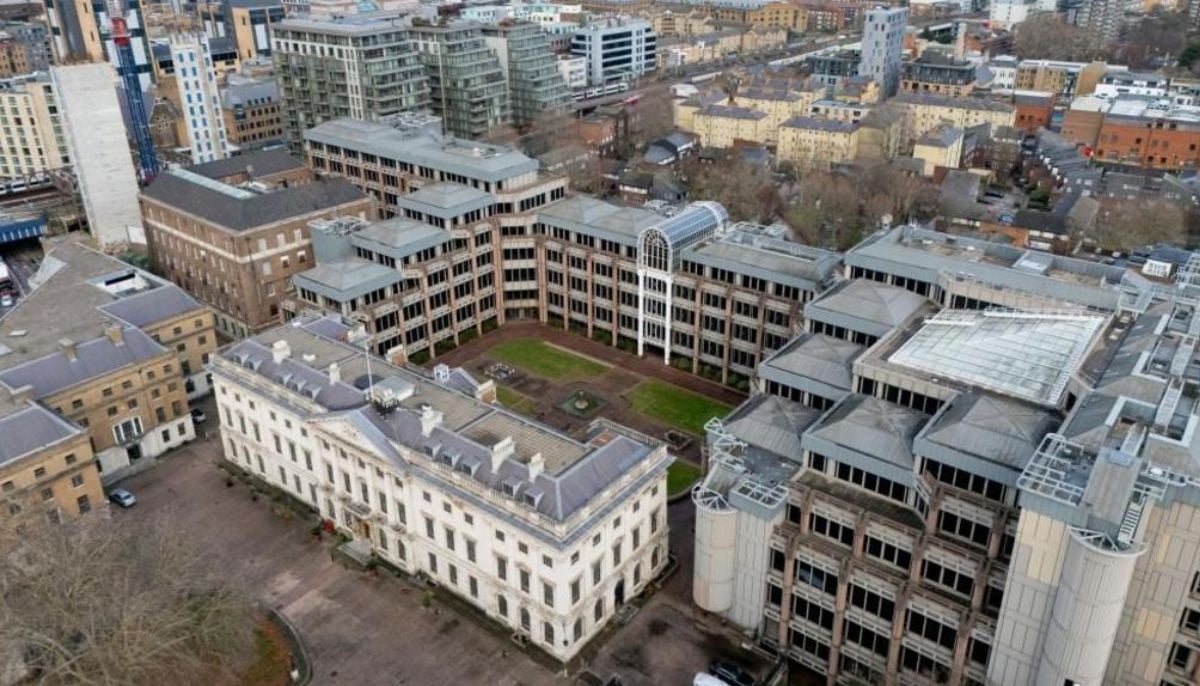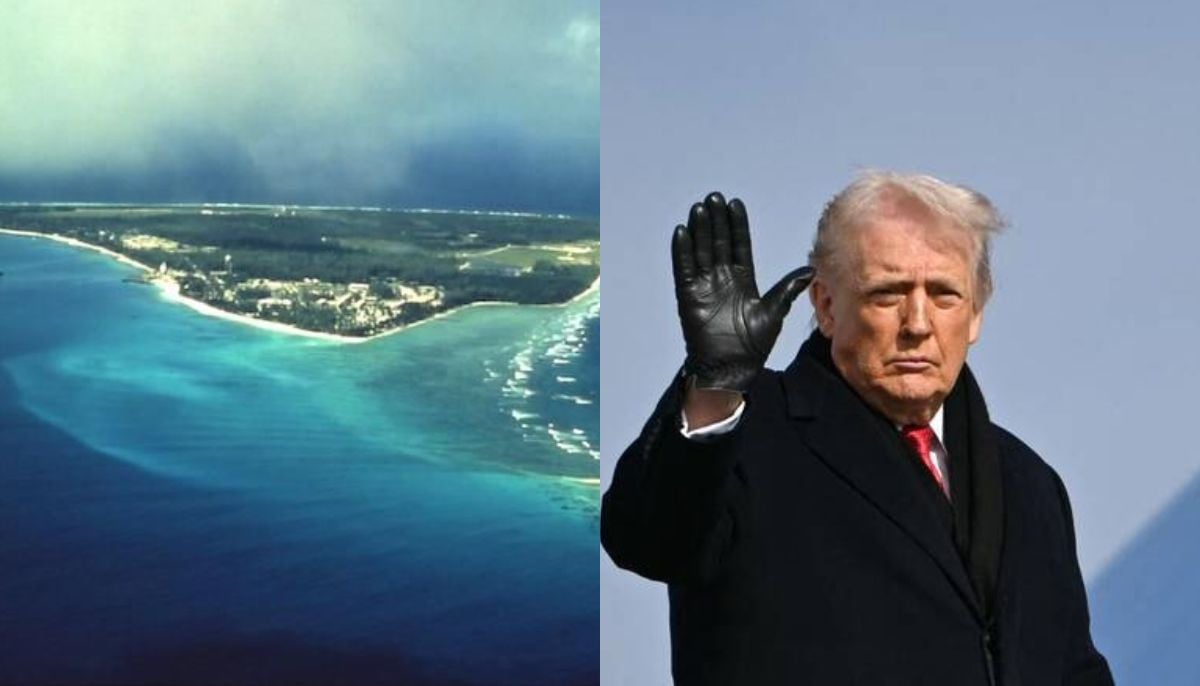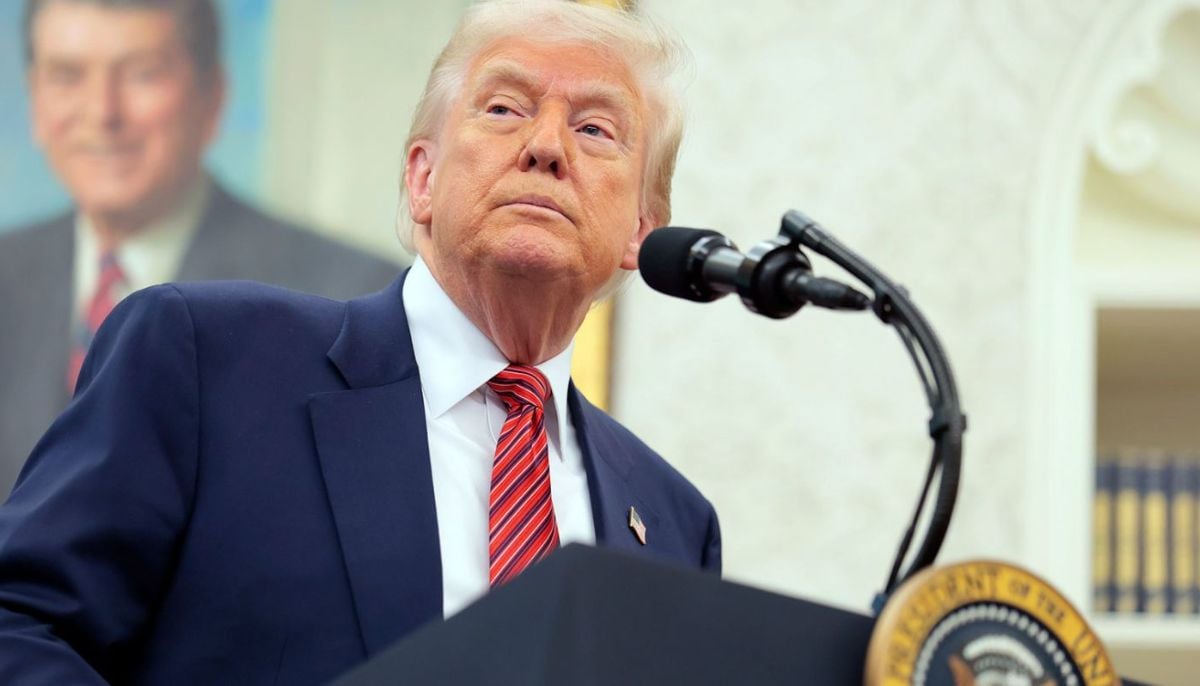Ashraf Ghani runs to Mazar-i-Sharif as Taliban inch closer
The loss of Mazar city will mean the Kabul government's complete collapse of its control over the north -- a long-time bastion of anti-Taliban militias
MAZAR-I-SHARIF: Afghan President Ashraf Ghani returned to the capital Wednesday after a flying visit to the northern city of Mazar-i-Sharif to rally his beleaguered forces, with Taliban fighters having now taken more than a quarter of the country's provincial capitals in less than a week.
His visit was overshadowed by the mass surrender of hundreds of Afghan soldiers in nearby Kunduz, along with the overnight capture of another provincial capital -- the ninth city to be overrun since Friday.
One army officer in Kunduz, who asked not to be identified, said they had endured withering mortar fire at the airport and were left with no choice but to surrender.
"There was no way to fight back," he told AFP.
"My unit, with 20 soldiers, three humvees and four pick-up trucks just surrendered."
In Mazar, Ghani held talks with local strongman Atta Mohammad Noor and infamous warlord Abdul Rashid Dostum about the defence of the city, as Taliban fighters inched closer to its outskirts.
Officials gave no indication of the outcome, but later Wednesday said two of the country's top soldiers had been replaced by General Hibatullah Alizia as armed forces chief and General Sami Sadat leading the elite commandos.
The loss of Mazar city would be a catastrophic blow to the Kabul government and represent the complete collapse of its control over the north -- long a bastion of anti-Taliban militias.
Hours before Ghani arrived, pictures posted on official government social media accounts showed Dostum boarding a plane in Kabul en route to Mazar, along with a contingent of commandos.
- Afghan forces in retreat -
After arriving in the city, Dostum issued a warning to the approaching insurgents.
"The Taliban never learn from the past," he told reporters, vowing to kill the jihadists.
"The Taliban have come to the north several times but they were always trapped. It is not easy for them to get out."
Dostum stands accused of massacring hundreds, if not thousands, of Taliban prisoners of war during the US-backed operations in 2001 that toppled the Taliban government.
Fighting in Afghanistan has escalated dramatically since May, when the US-led military coalition began the final stage of a withdrawal set to be completed before the end of the month.
The United Nations on Wednesday said there had been a "huge spike" in internal displacement and that 390,000 Afghans have been displaced by the conflict since the start of the year.
To the east of Mazar, in Badakhshan province's capital Faizabad, a local lawmaker told AFP that security forces had retreated after days of heavy clashes.
"The Taliban have captured the city," said Zabihullah Attiq.
Kunduz remains the Taliban's biggest prize to date, with the mass surrender at the airport making any counterattack unlikely for the time being.
Some government forces were still holding out at an army barracks outside the city.
The insurgents appeared to be consolidating their hold over captured cities in the north, with rifle-toting militants patrolling the streets of Kunduz on foot and in captured armoured humvees as smoke rose from shops destroyed during the fighting.
Government forces were also battling the Taliban in Kandahar and Helmand, the southern Pashto-speaking provinces from where the Taliban draw their strength.
- Indifferent to peace? -
In Kandahar, heavy fighting was reported near the city's prison, which the militants have been trying to reach for weeks.
The Taliban claimed on Twitter late Wednesday the facility was "completely conquered after a long siege" and that "hundreds of prisoners were released and taken to safety".
The Taliban frequently target prisons to release incarcerated fighters and replenish their ranks.
US diplomats, meanwhile, were desperately trying to breathe life back into all-but-dead talks between the Afghan government and Taliban in Doha, where Washington's special envoy Zalmay Khalilzad was pushing the insurgents to accept a ceasefire.
The State Department said Wednesday Khalilzad would meet separately with the Afghan government and Taliban negotiators to work on a political settlement "to form an inclusive Afghan government".
State spokesman Ned Price told reporters that it was "only through diplomacy can we achieve the sort of just and durable outcome that we seek".
Turkish President Recep Tayyip Erdogan also backed a diplomatic solution Wednesday, saying he could meet with the Taliban leaders in an attempt to help secure peace.
Turkey has troops in Afghanistan as part of a NATO force and has offered to secure Kabul airport after US forces leave.
But the Taliban have appeared largely indifferent to peace overtures, and intent on seeking a military victory after their ouster 20 years ago in the wake of the September 11 attacks.
-
Stranger knocks, then opens fire on Indiana judge and wife
-
Japan unveils anti-ship missile with ‘barrel-roll’ evasion to outsmart defenses
-
Missouri couple ‘locked sons in chicken pen, shot them’ in shocking abuse case
-
Chinese ‘mega embassy’ wins UK approval in London ahead of Starmer’s China visit
-
From Chagos Islands to Greenland Trump flags national security risks: Here’s why
-
Church under investigation after anti-ICE protest interrupts worship
-
'I don't care': Trump shrugs off Nobel Prize talk as Greenland tensions escalate
-
Alarming: Rising shark attacks force Australia to close beaches
